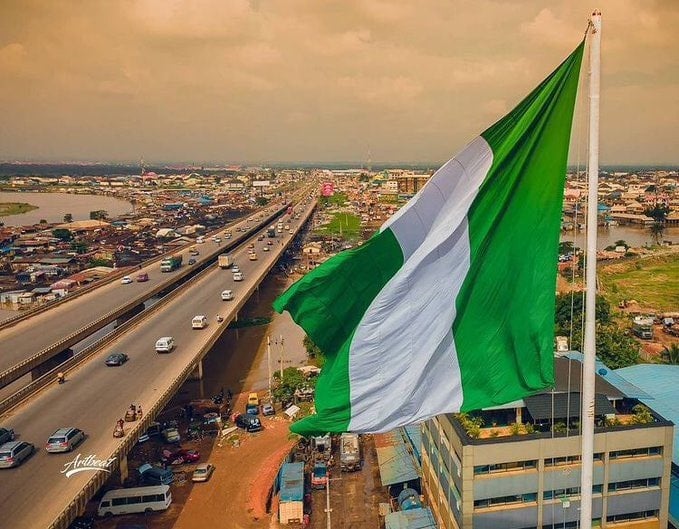Nigeria has slipped to 66th place in the 2025 Global Startup Ecosystem Index by StartupBlink, dropping two positions from its 64th ranking in 2024. On the continental stage, Nigeria now ranks fourth in Africa, posting the slowest growth among the continent’s top seven startup nations with an increase of less than 6%.
StartupBlink evaluates countries based on the vibrancy of their startup activity, the success and impact of those ventures, and the overall environment supporting startup growth.
Despite this setback, Nigeria remains the undisputed leader in West Africa’s startup landscape, holding onto the top spot since 2021. Six Nigerian cities rank among West Africa’s top 10 startup hubs, and six are featured in the global top 1,000 cities for startups. However, most of these cities faced a drop in rankings, raising concerns about sustaining momentum.
Lagos Under Pressure, Abuja Rising Fast
Lagos, Nigeria’s startup powerhouse, continues to lead nationally but slid six places to 76th globally, falling out of the global top 70 it entered just last year. Still, Lagos boasts the largest startup ecosystem in Africa, nearly 12 times bigger than Abuja, the country’s second-largest hub.
Meanwhile, Abuja is shining as a rising star, climbing over 50% in the global rankings to land at 399th — the only Nigerian city to advance this year. This surge highlights Abuja’s rapid emergence as a promising tech hub. Adding to the diversification of Nigeria’s startup scene, Ilorin also debuted in the global top 1,000, signaling growth beyond the traditional centers.
The Startup Ecosystem Snapshot
Nigeria’s startup ecosystem stands out in Africa thanks to its vast internal market of more than 200 million people, a number expected to double by 2050. The country leads Africa’s unicorn club with high-growth companies like Flutterwave and OPay, and is home to Jumia Group, a major pan-African e-commerce and fintech player.
Fintech remains the dominant sector, driving much of the innovation and attracting the majority of investor interest. But despite this promise, challenges like limited access to capital, low consumer purchasing power, and infrastructural hurdles persist.
Government and Private Sector Initiatives
The Nigerian government has made strides to bolster the startup ecosystem through legal frameworks like the Nigerian Startup Act, designed to create an enabling environment for entrepreneurs. Programs such as the Startup Investment Seed Fund and the National Council for Digital Innovation and Entrepreneurship aim to unlock fresh opportunities for startups.
Public-private partnerships are also taking shape, notably the government’s collaboration with the Japan International Cooperation Agency (JICA) on a co-funded investment initiative. Local innovation hubs like Lagos Angel Network, Ventures Platform, and Greenhouse Capital continue to empower startups with capital and mentorship. Meanwhile, nonprofits like the FATE Foundation nurture grassroots entrepreneurship through training and advisory services.
What This Means Moving Forward
While Nigeria’s fall in the global startup rankings is a setback, the strength of its local ecosystem and the rise of new hubs like Abuja provide reason for optimism. Supporting this, another recent report from Netherlands-based Dealroom.co ranked Lagos as the world’s fastest-growing startup ecosystem, categorizing it as a “Rising Star” in global tech.
With continued investment, innovation, and strategic support, Nigeria’s startup landscape is poised to reclaim its upward trajectory and solidify its place on the global tech stage.

